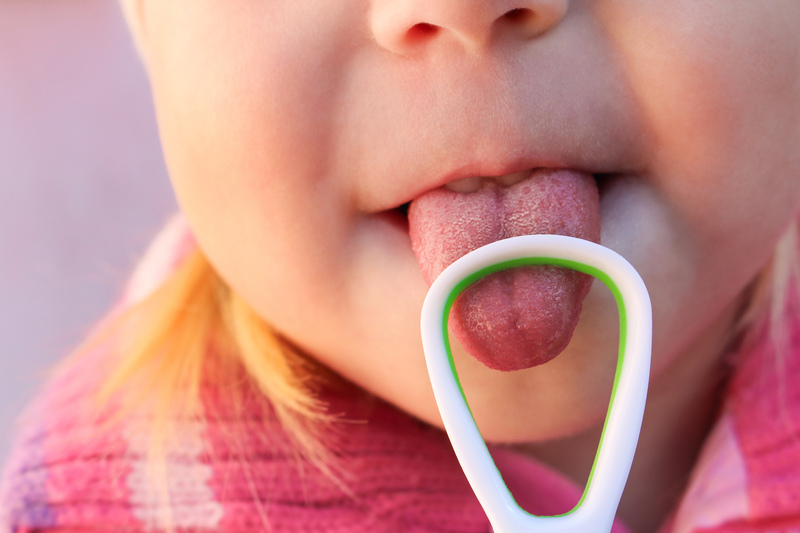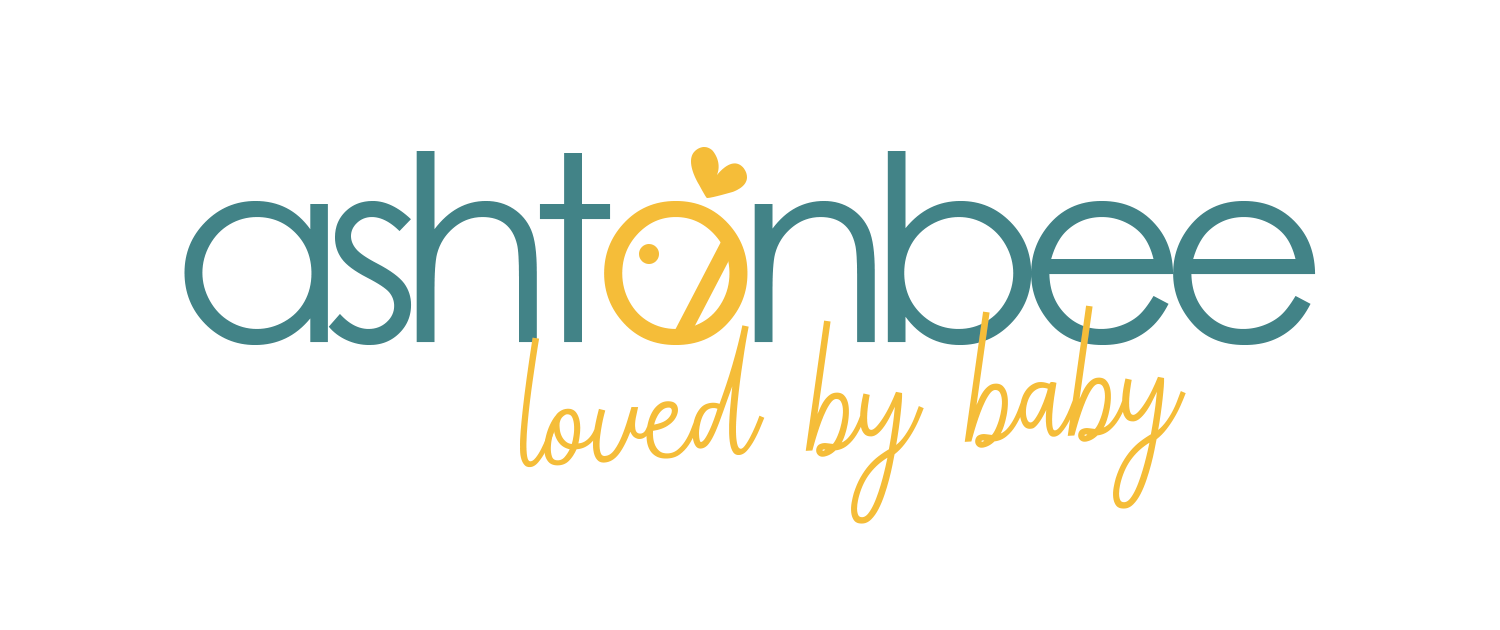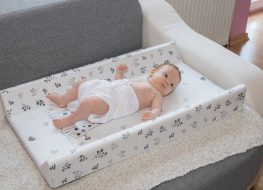
You know your baby needs some oral care when you experience this as a parent: after breastfeeding your baby, you notice white and yellow spots on their tongue. Another scenario is when you begin to get a whiff of something funny coming from your baby’s mouth.
The culprit is the tongue, which needs cleaning to get your baby back into tip-top oral health. Let Ashtonbee give you some essential information on the whys and the hows of baby tongue cleaning.
Why Should You Clean a Newborn’s Tongue?
Apart from the feet and the hands, a newborn’s tongue is one of the body parts most exposed to bacteria. Just like the feet and the hands, it needs to be cleaned to keep your baby safe. Here are some of the reasons why you have to clean your baby’s tongue.
Curb Oral Infections
Formula and breast milk are the common agents that can introduce bacteria to your baby’s mouth. The milk residue from these liquids, if left for days in your child’s mouth and combined with saliva, can create conditions that lead to fungal infections.
Tongue cleaning helps prevent milk residue buildup, which keeps your baby’s mouth and tongue healthy and free from infections.
Help Heal Oral Thrush
When the fungal infection becomes severe, it can lead to oral thrush. This infection leaves white spots on the baby’s tongue, and in some cases, spreads to the inner cheeks and the roof of the mouth.
Scraping the baby’s tongue is the best oral care a parent can give their babies when they notice oral thrush—doing so will reduce the amount of fungal infection and treat the condition.
But to ensure your little one heals from oral thrush completely, it’s always best to consult a pediatric dentist for additional information on how to treat it.
Keep Gums Healthy
Newborns who haven’t grown baby teeth yet have their gums come in contact directly with their tongues. So when the tongue is unclean, the gums are affected, too. This may cause things such as unnecessary itching or even gum infections.
Tongue cleaning then has an indirect effect on your baby’s gums. When you keep the tongue clean and healthy, the gums also benefit, and your baby will be well on their way to developing teeth without much hassle.
Promote Good Oral Hygiene Habits
Practicing good oral hygiene during the early stages of your child’s life will benefit them in the long run. Once you introduce an oral hygiene routine such as tongue cleaning, you can pass on that habit to your child once they’re old enough.
The result of continued oral hygiene habits will give them a lifetime of amazing oral health. Your child will enjoy strong teeth and gums, which leads to a fresh breath and good health. This all starts with you doing the routine oral health care of cleaning your baby’s tongue.
When To Start Cleaning Your Baby’s Tongue
You can start as early as three to six months old. At this stage, your baby’s tongue will start to accumulate more of the breast milk and formula you feed them. So to keep their oral health at its best, clean your baby’s tongue.
On the other hand, there’s a right time for using a tongue cleaner, which we will discuss below.

What Tongue Cleaner Should I Use for My Baby?
Different periods in a baby’s life require different tools for oral hygiene care. That’s because the one you intend to use may cause your baby discomfort or put their delicate tongue, cheeks, and gums at risk. So it’s important to know what tongue cleaner to use at what stage.
Soft Cloth
A newborn baby at 3 to 6 months will have a very soft and small tongue. Using a tongue scraper might overwhelm the baby’s mouth and tongue. Aside from that, the buildup of residual milk and bacteria may not be that much so a soft cloth will be enough as a tongue cleaner.
Baby Tongue Cleaners
After 6 months and up to 18 months old, your baby is ready for a more rigid and effective tool. So, get a tongue cleaner. It’s a specialized tool that scrapes off bacteria and residue from the tongue’s surface and will leave your baby feeling fresh. If you’re curious to know what a tongue cleaner looks like, you can check it out here.
Baby Toothbrush
Beyond 18 months, your child would’ve grown milk teeth already. This is the stage to introduce a baby toothbrush because your child’s teeth need some care and cleaning too.
While you can use toothbrushes to scrape the tongue, we highly recommend a separate tongue cleaner for better results. That’s because the toothbrush isn’t built for cleaning the tongue unless it has a built-in tongue scraper.
How to Use a Tongue Cleaner
Part of safely promoting good oral hygiene for your baby’s mouth is knowing how to use tongue cleaners of different kinds. So here are the best practices each parent must do to ensure safety in oral care.
Using a Soft Cloth
Use gauze or a very light cloth and wrap it around your clean index finger. Then dip it in lukewarm water.
While cradling your baby, gently insert your index finger into your child’s mouth. Once you feel their tongue, gently rub your index finger back and forth.
Using Tongue Cleaners
Be sure to rinse and sanitize the tongue cleaner first. Once done, cradle your baby in one arm. Insert the tongue cleaner slowly into your child’s mouth and apply gentle pressure on your baby’s tongue. Scrape it slowly for at least 1–2 minutes. For more detailed instructions, you can check out this guide.
Using Toothbrushes
Ensure that you sanitize the toothbrush. Put a pea-sized amount of toothpaste on top of the bristles. Then, gently insert the toothbrush into the side of your child’s mouth to start cleaning your child’s teeth, and brush it up and down.
If you’re using the brush as a tongue scraper, be extra gentle with it. The bristles have a slightly rougher texture than the tongue scraper and may irritate your baby’s tongue. As always, we highly recommend using a tongue cleaner for tongue cleaning and a finger toothbrush for babies 3 years old and below.
Care For Your Baby’s Oral Health Today
No matter what stage your baby is in, we hope this guide helps prepare you to take care of their oral health.
Giving your baby the utmost care is one of the great joys of parenthood. That goes the same for taking care of your baby’s tongue and oral hygiene—it’s an endeavour that pays off in the long run for you and your child.
If you’re curious to know more tips about baby oral care, check out our blog. You can also check out our collection of baby essentials today.



